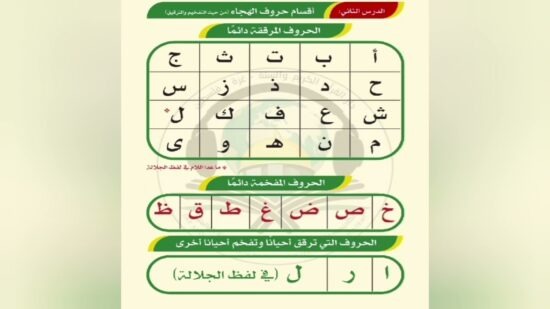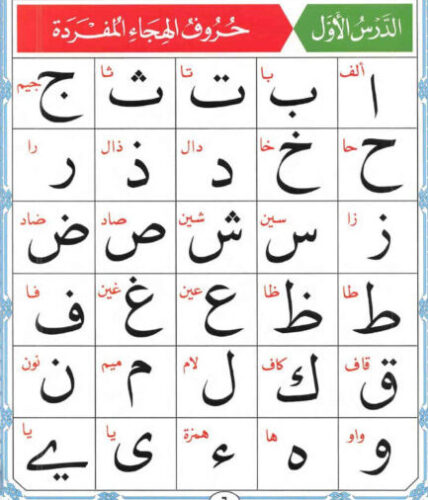Makharij Al-Huroof | Articulation Points of Arabic letters

Let’s delve into the fascinating world of “Makharij Al-Huroof”—the points of articulation for Arabic letters. Understanding these makharij is essential for precise pronunciation and recitation of the Qur’an. What Are Makharij Al-Huroof? Makharij Al-Huroof refers to the specific places within the vocal tract from which different Arabic letters originate. Each letter has a unique makhraj, […]
Supplication for Traveling: Seeking Protection and Blessings

Dua for Traveling Is important for Muslims as Traveling is a significant part of our lives, whether for leisure, business, or religious purposes. As we embark on our journeys, it’s essential to seek Allah’s protection, guidance, and blessings. The following duas (supplications) are powerful tools to invoke Allah’s mercy and ensure a safe and successful […]
The blessed journey of Hajj 2025: to The house of Allah

Hajj 2024 is the biggest dream for all Muslim over the world. The Hajj, one of the five pillars of Islam, is a profound pilgrimage that holds immense spiritual significance for Muslims worldwide. It is an annual event that brings millions of believers together in a remarkable display of faith, unity, and devotion. As we […]
Tajweed course: Tafkheem and Tarqeeq or Heavy and Light Letters

To Understand Tafkheem and Tarqeeq or Heavy and Light Letters you should know “what is the meaning of Tajweed?”Tajweed is the art of reciting the Quran with precision and beauty, is a sacred endeavor for Muslims. It ensures that the words of Allah (SWT) are pronounced correctly, preserving their divine essence. Within the realm of […]
Quran foundation and Noorani Qaida: the Path to Quranic learning

Quran foundation with Noorani Qaida book online What Is the Noorani Qaida? The Noorani Qaida is more than just a book; it is a bridge connecting eager learners to the beauty of the Quran. Here are the key features that make it an indispensable resource: Simplicity and Clarity: The Noorani Qaida simplifies the complexities […]
Noorani Qaida: A Beginner’s Guide to Quranic Reading

The Noorani Qaida is a fundamental primer designed to teach beginners the art of Quranic recitation. Developed by Shaykh Noor Muhammad, this concise booklet serves as a stepping stone for learners, providing them with the necessary tools to pronounce Arabic letters correctly and read the Quran fluently. 1. Purpose and Importance of Noorani Qaida This […]
What are some traditional foods eaten during Eid?

Traditional foods eaten during Eid al-Fitr, the joyous festival that marks the end of Ramadan, is a time of celebration, reflection, and togetherness. As the crescent moon graces the night sky, families and friends gather to share in the blessings of this auspicious occasion. And what better way to celebrate than through the language of […]
Eid Mubarak: A Celebration of Blessings and Joy

Eid Mubarak: A Celebration of Blessings and Joy Eid Mubarak, the resonant phrase that echoes through the hearts of millions, heralds the culmination of Ramadan—the holy month of fasting and spiritual reflection. As the crescent moon graces the night sky, families and communities gather to celebrate this auspicious occasion with fervor and gratitude. The Essence […]
Quran Reading Online: A Path to Spiritual Growth

Quran Reading Online: A Convenient Path to Spiritual Growth In today’s fast-paced world, finding time for spiritual pursuits can be challenging. However, with the advent of technology, learning the Quran reading online has become more accessible than ever. Whether you’re a beginner or seeking to improve your recitation skills, online platforms offer a convenient and […]
Surah Al-Kafirun: A Profound Message of Monotheism

Surah Al-Kafirun: A Profound Message of Monotheism Surah Al-Kafirun, the 109th chapter of the Quran, is a concise yet impactful revelation. Comprising only six verses, it encapsulates a powerful message that resonates with believers and seekers of truth. Let us explore the essence of this Surah and its significance. The Context and Theme Surah Al-Kafirun […]
